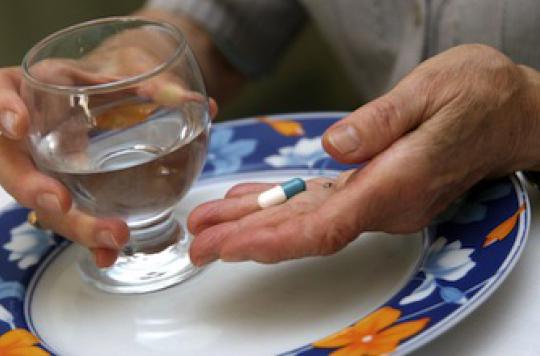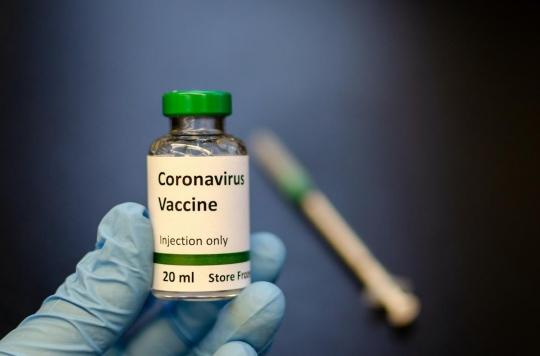The deputies gave the green light to experiments in unit sales of certain antibiotics, in order to avoid waste or poor self-medication. The measure has always been contested.

The sale of drugs by the unit will make its arrival in pharmacies. The National Assembly has in fact adopted in the first reading of the unit sales experiments of certain antibiotics, in order to avoid their wastage or dangerous self-medication. These experiments will be carried out with voluntary pharmacies, under conditions set by decree. MEPs also reduced the duration of these experiments to three years, against four in the initial draft, in order to decide more quickly on their extension or not. Elected officials also voted on amendments providing for consultation of professionals to set the terms of the experiment as well as information to the insured by the pharmacist. But is this announcement, which aims above all to save on drug costs, really effective?
No unit conditioning for chronically ill patients
“The measure is a little spectacular, but we should not expect substantial savings on drugs. It’s a bit of a myth! “ released Claude Le Pen, health economist, contacted last month by why actor.
In countries where this type of packaging is practiced (in the United States for example), it is difficult to calculate the financial impact of such a measure. The practice is old there and these drugs sold individually are most of the time not reimbursed. Exception made for patients who have taken out private insurance.
Concerning France, Claude Le Pen estimated that the packaging of drugs in France is already concerned with the real needs of patients estimated by practitioners. For major pathologies in particular, unit treatment does not need to exist. For chronic diseases, doctors often prescribe one month of treatment, so a box of 28 tablets is quite suitable. The problem is different in other countries which are sometimes on large packagings, with boxes of 80 tablets for example.
Listen to Claude Le Pen, health economist: ” The French packaging corresponds well to the new prescriptions. They are regularly updated by the Transparency Commission. »(Interview conducted on 09/26/13)
The risks of unit packaging
Indeed, according to the economist, “unit packaging of the drug is risky. “ With this unique packaging, all medicine boxes look alike. In the United States for example, it is most of the time, a small plastic bottle of orange color, he argues. Only a label with the name of the product, that of the patient, and the dosage, makes it possible to differentiate one treatment from another.
From there, the risks of confusion between two drugs are numerous for the pharmacist, but also for the patient. “These errors which are possible can be dramatic for the health of patients. “, concluded Claude Le Pen.
Listen to Claude Le Pen: ” There is a risk of confusion because the packaging of the medicine by the unit does not make a difference for the patient. The risk is the same for the pharmacist. That’s why in France, we always gave it up…” (interview carried out on 09/26/13)
One in two drugs is not taken
However, on the side of people in favor of the sale of drugs individually, we still see the argument of the report of the General Inspectorate of Social Affairs 2005, which pointed out the dispensing of canned drugs. “Unlike other countries, France has chosen, for health reasons, that the delivery of the drug is not limited to the number of tablets prescribed and the size of the packages is jointly determined by the administration and the drug manufacturers. , explained the authors. And, taking into account third-party payment and advance-fee waiver measures, consumers often do not know the amount of their expenditure. These various phenomena put together, we can estimate that almost one out of two reimbursed drugs is not taken. “A waste which obviously costs the community dearly since some of these drugs are reimbursed by health insurance.
Finally, for its part, the Medicines Agency estimated in 2007 that “it would be desirable, as far as possible, to move towards unitary packaging for any pharmaceutical specialty. “For the Agency, this measure would” limit medication errors by helping to maintain the effectiveness of treatment and prevent an avoidable toxic risk. Unit packaging is also of interest in terms of health economics. But the arguments of Afssaps (ex ANSM) only applied to health establishments. However, Marisol Touraine will soon be experimenting with unitary packaging in town.
.















